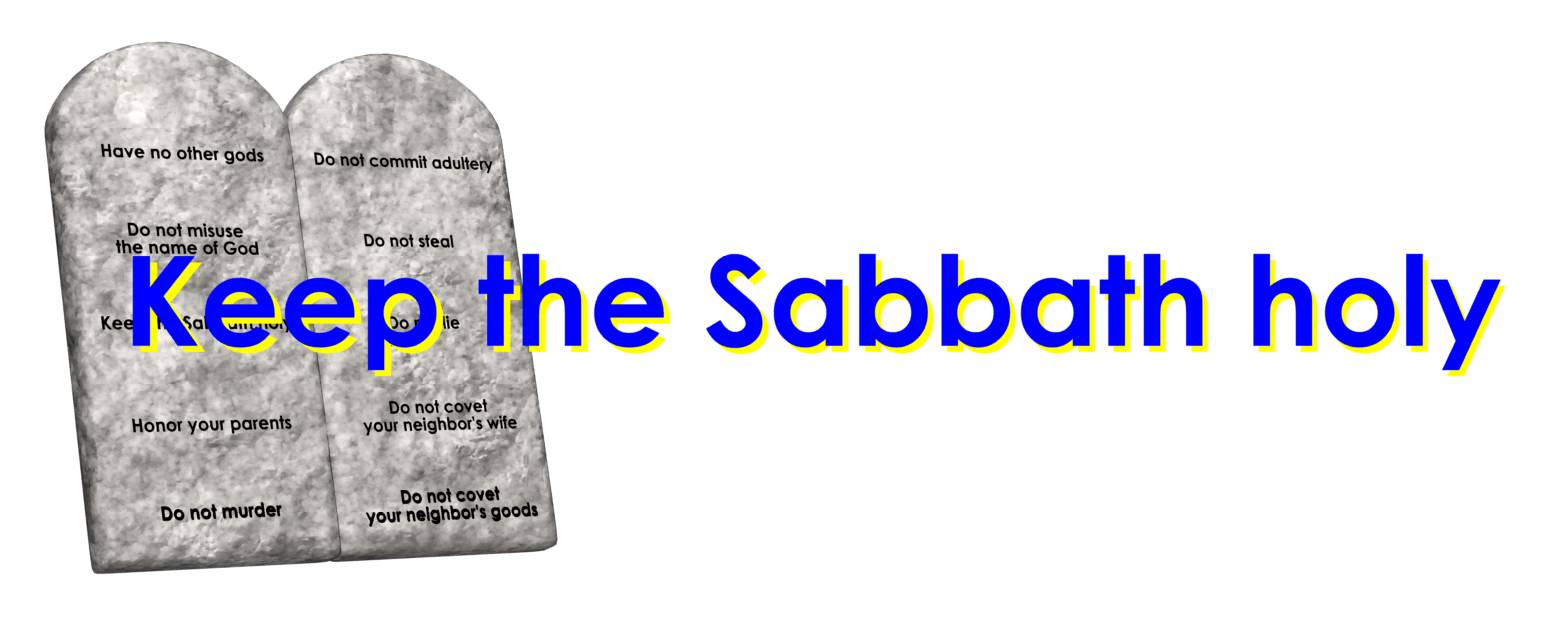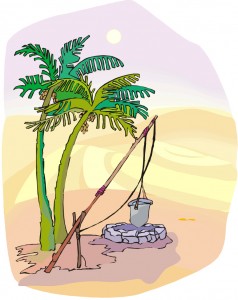Some Spiritual Treasures from Yeshua
Luke 13:1–9, Repent or perish. Sometimes bad things happen to “good people” who are bearing no spiritual fruit. These “bad things” can be YHVH’s way of rehabilitating one’s spiritual tree for the greater good of bringing forth spiritual fruit even as an orchardist scarifies the soil in a fruit tree’s root zone and mixes in fertilizer (like manure) to stimulate and to help make it productive.
Luke 13:12, Woman…spirit of infirmity. Sometimes Yeshua healed people who neither asked for it, nor evidenced faith to be healed just for the glory of YHVH. From time to time, we hear of miraculous healings and divine interventions that saved people’s lives occurring for no apparent reason. Perhaps YHVH likes to stir the pot of human affairs occasionally just to draw men’s attention to him, bring glory to his name and to raise men’s hopes a bit that there is an Elohim who is sovereignly orchestrating things behind the scenes.
Luke 13:14, Ruler of the synagogue. (See also Matt 9:18; Mark 5:35, 36, 38; Luke 8:41, 49; Act 18:8, 17.) Heb. rosh hachenesheth. This was the ruler of the synagogue (Sketches, by Edersheim, p. 257).
Luke 13:15, Hypocrite. Yeshua was able to defend his actions and contradict the leader of the synagogue because he knew the Torah better than they did. This teaches us two things. First, just because one is a church leader doesn’t mean they know the Torah or the rest of the word of Elohim very well. Paul taught the “whole counsel of Elohim,” including Continue reading







